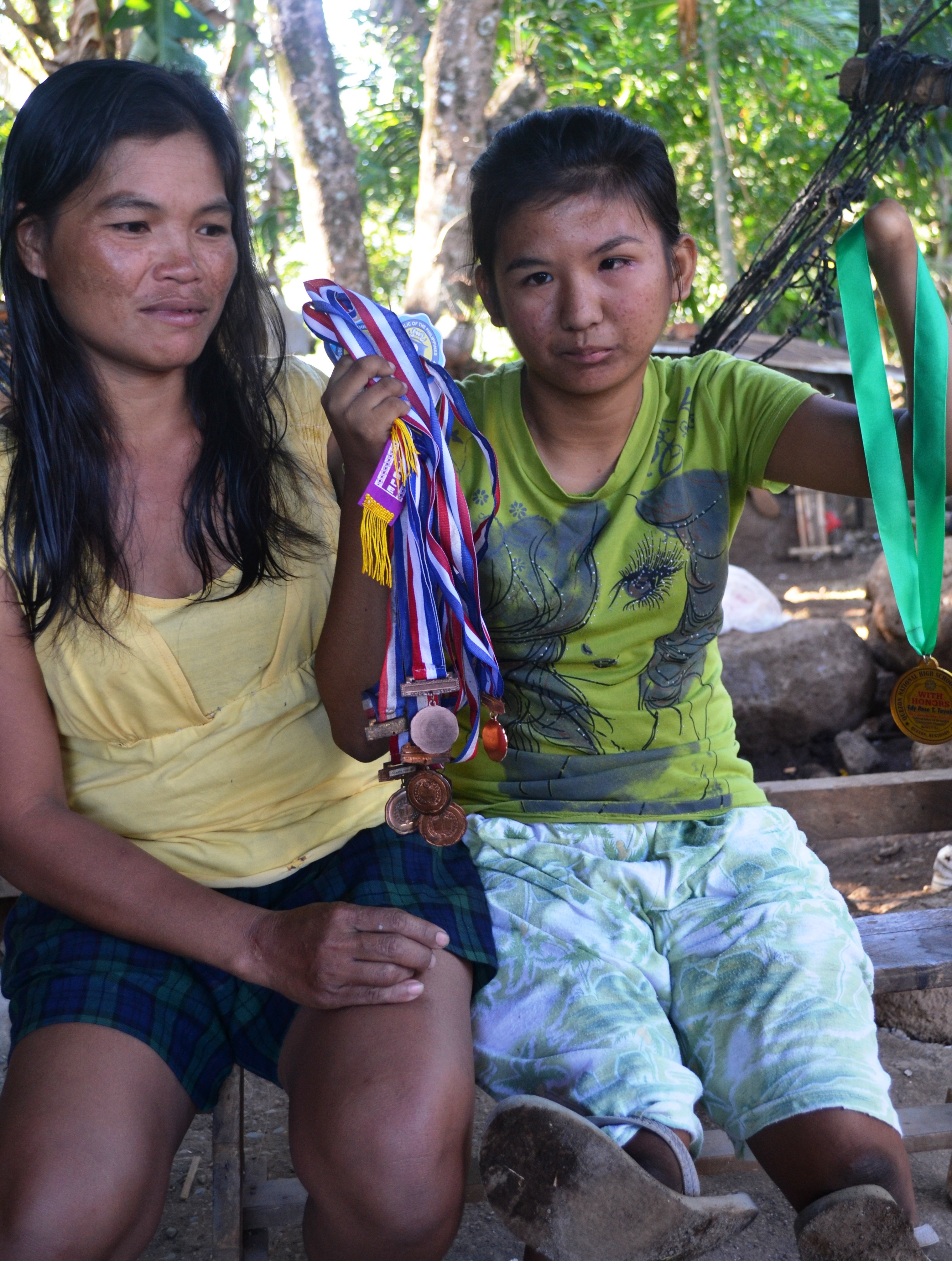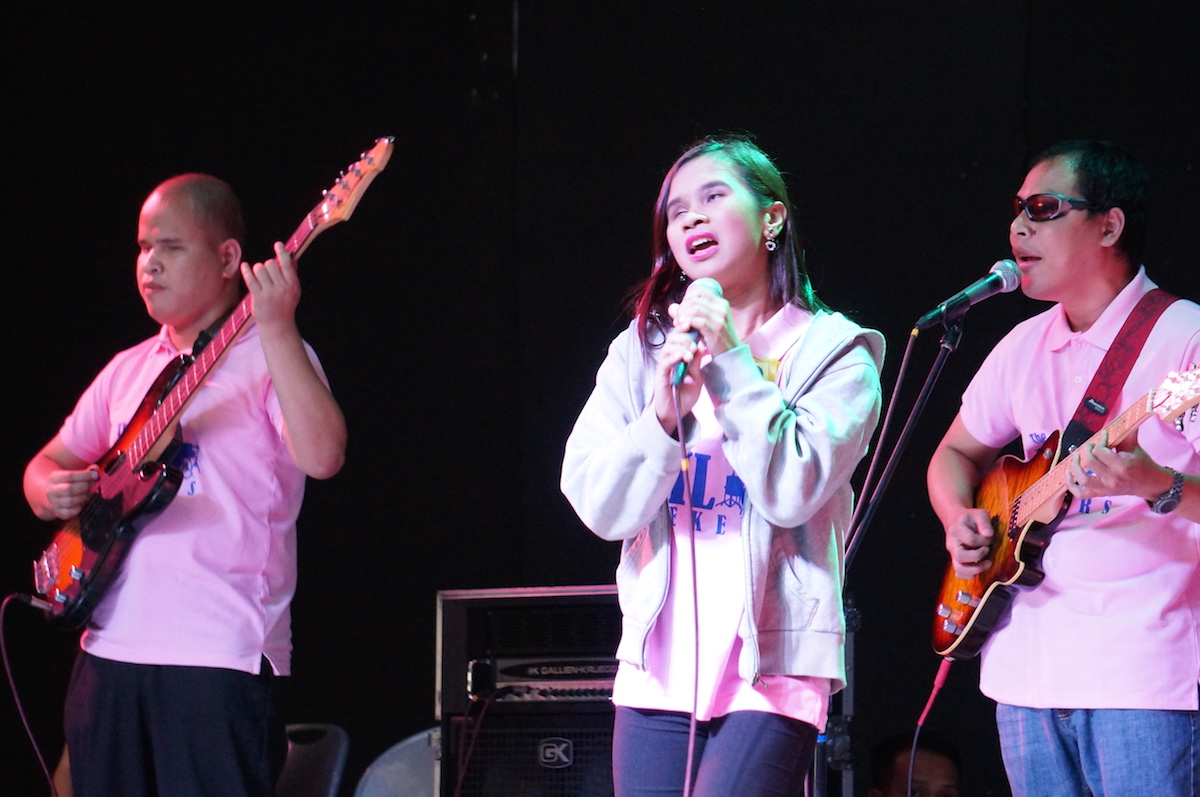A PERSON with disability (PWD) is among the first batch of high school graduates who are beneficiaries of the government’s PantawidPamilyang Pilipino Program (4Ps). And she graduated with honors.

Seventeen-year-old Edy Rose Tayab, born with no feet and left hand, finished ninth in her class in a school in Bukidnon, the Department of Social Welfare and Development (DSWD) said in a news release.
“Edy Rose still manages to walk using her underdeveloped lower limbs without crutches,” it said.
“Everyday, she travels approximately three kilometers from her home in Barangay Butong to the Apayao National High School, a challenge she hurdled to finish her secondary education.”
An honor student since elementary, Tayabis one of the more than 330,000 student beneficiaries nationwide of the government’s flagship anti-poverty program to graduate this year.
The program provides cash grants to poor households on condition children are enrolled in schools and taken to health centers for regular checkups.
The DSWD calls this year’s commencement season a “milestone” in the implementation of 4Ps, it being the first time student beneficiaries finished high school.
To celebrate the event, the DSWD held last April 9 a post-graduation event at the Philippine International Convention Center dubbed “PagtataposNyo, Tagumpayng Pilipino.”A second leg is to be held on April 23at the Araneta Coliseum.
A total of 153,470 beneficiaries who graduated from high school are from Luzon, including close to 22,000 from Metro Manila, while 74,182 are from the Visayas, and 106,021 from Mindanao.
DSWD Secretary Corazon Soliman herself commended Edy Rose Tayabfor her achievement, according to the news release.
“Pinapakita niya na hindi hadlang ang kapansanan at kahirapan sa tagumpay basta’t may determinasyon (She showed us that disability or poverty is not an obstacle if one is determined to succeed),” Soliman said.
Tayab, who loves Mathematics and plans to study business and accountancy in college, thanked the government for helping send her to school through 4Ps.
“Gusto kong patunayan na kaya ko din gawin ang ginagawa ng mga taong walang kapansanan (I want to prove that I can also do what other people without disabilities can do),” the DSWD quoted her as saying.
National Council on Disability Affairs (NCDA) Acting Executive Director Carmen Zubiaga also congratulated all graduates with disabilities.
“Wow! That is something you should be proud of because you passed not because of your disability but because you are capable,” she posted on the Facebook group of the council.
The Pantawid Program is one of the government’s social protection programs but it does not target PWDs specifically.
In fact, some conditions attached to it are not appropriate for some PWDs, according to a 2014 paper commissioned by the Department of Health (DOH) with assistance from the Western Pacific Regional Office of the World Health Organization.
“Required education attendance and health care checks may not be appropriate for some PWDs due to multiple barriers in accessing education and health facilities,” it noted, recommending that conditions be dropped for PWDs.
More than 4.4 million households are recipients of the 4Ps as of March 2015, according to the DSWD. When the program started in 2007, only more than 7,000 households were registered. It was expanded in 2013 to include high school students from 15 to 18 years old. — Jake Soriano


